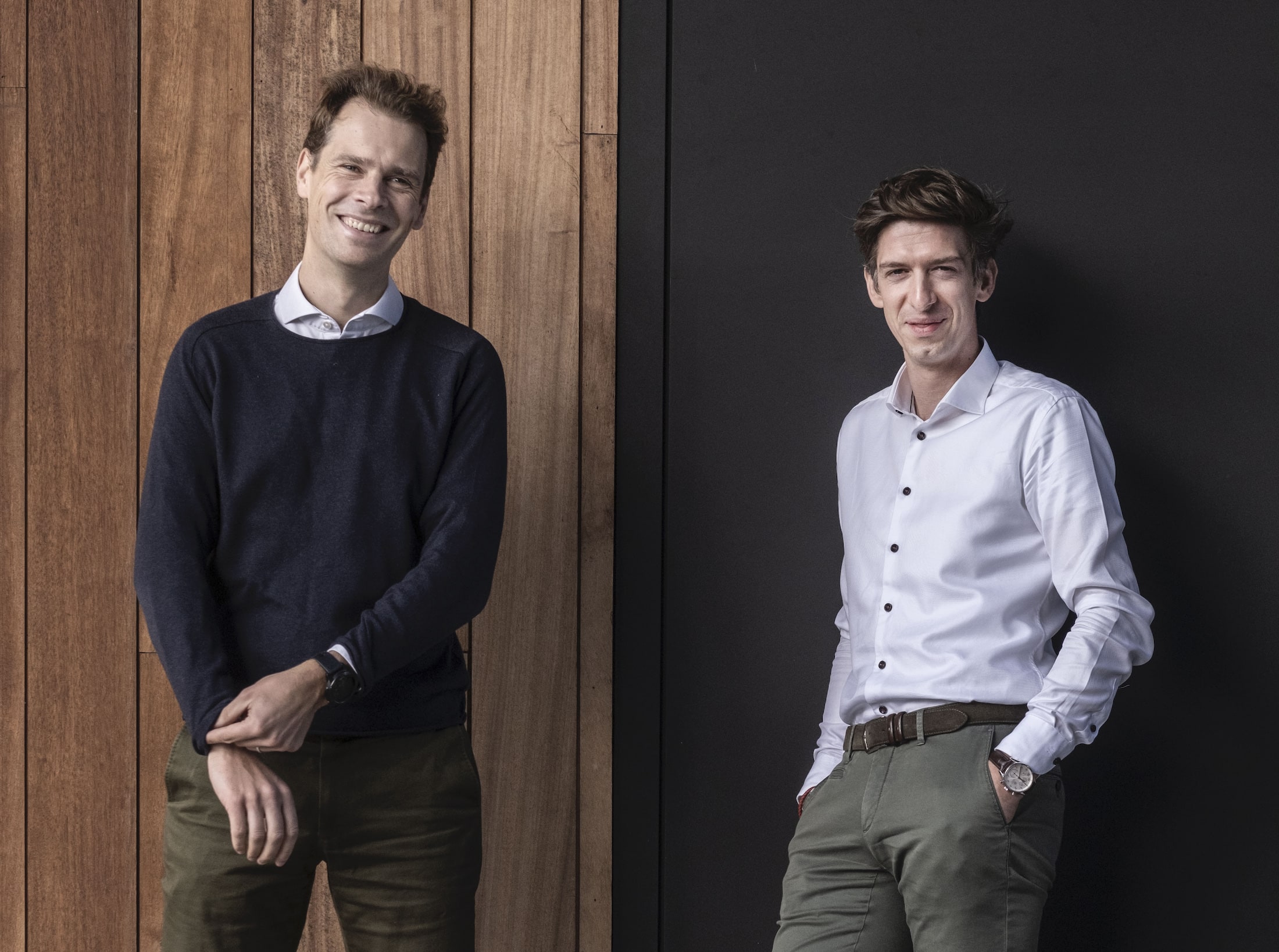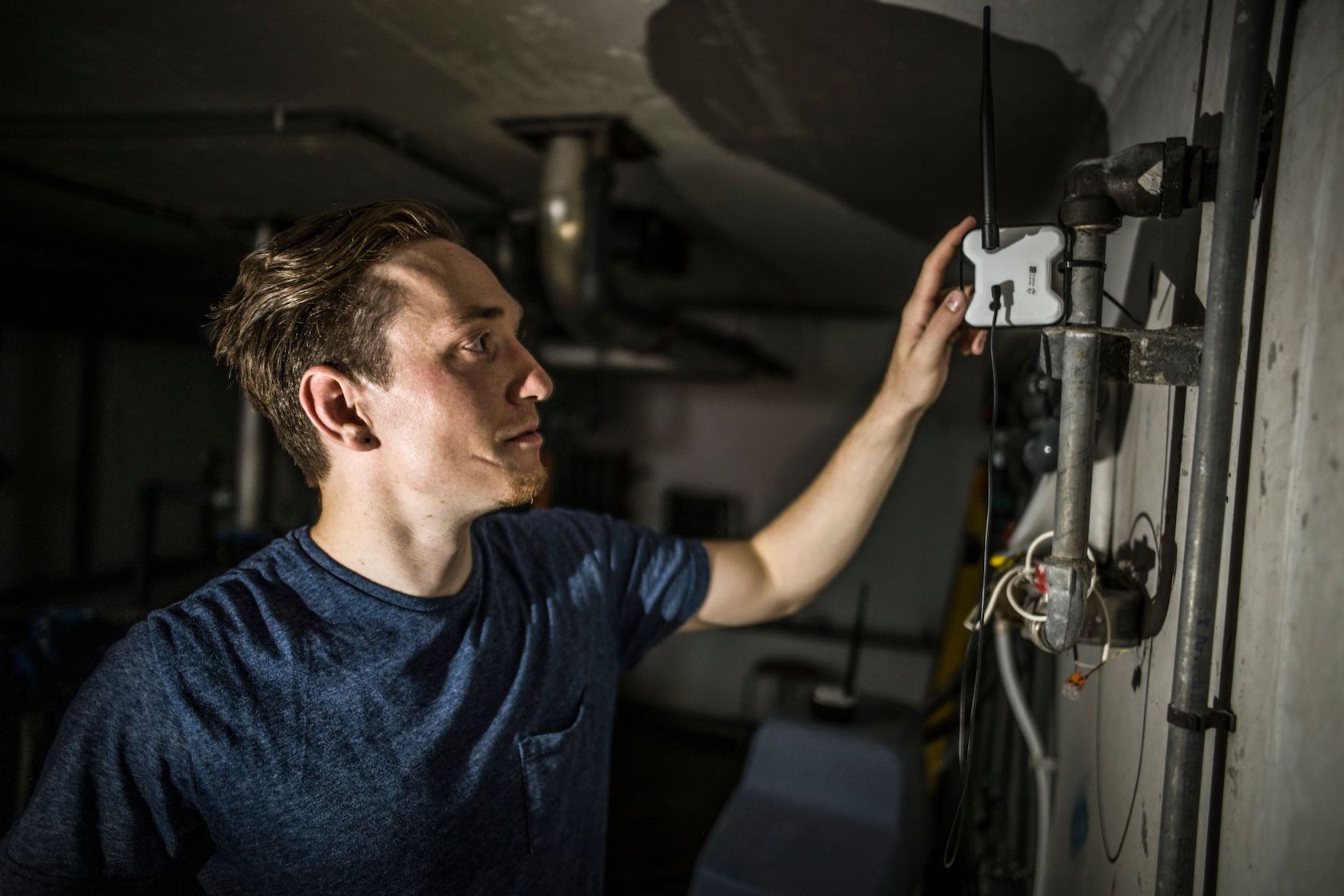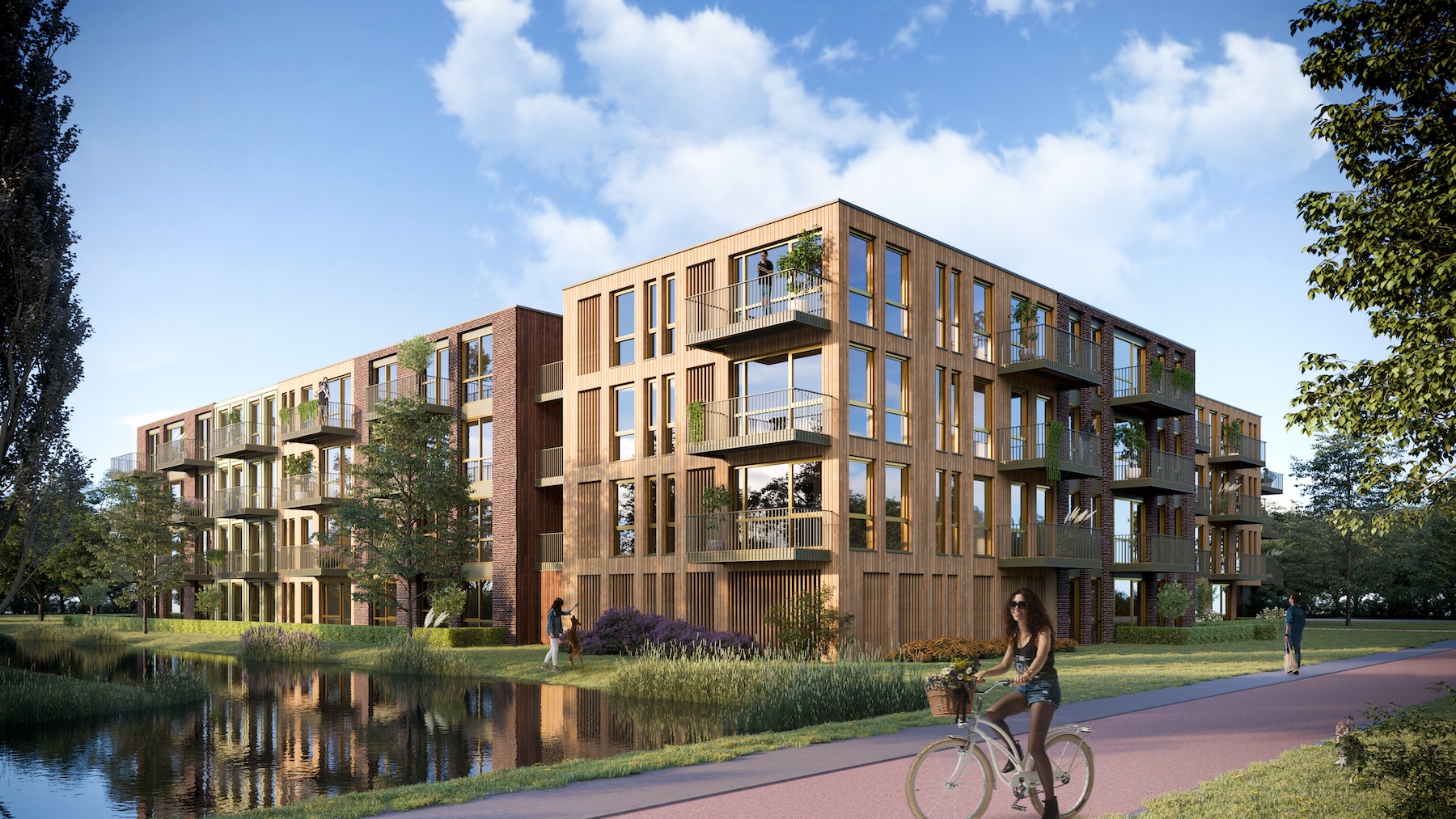
First capital round successfully completed with private and real estate investors
Investment platform AMAVI Capital has raised more than EUR 30 million from both private and real estate linked investors for its new pan-European PropTech Fund in the first capital round in recent months. It is the first property technology fund in the Benelux and distinguishes itself by bringing together real estate, technology and private equity expertise. The AMAVI PropTech Fund will ultimately invest EUR 60 million in promising scale-ups that are providing innovation within the real estate and construction sector. AMAVI, for example, is now a shareholder in the Belgian company Shayp, which specialises in automatic water leak detection, Finch Buildings, the Dutch expert in CLT modular construction, and the Finnish 3D specialist Gbuilder.
“In the coming years, we will further expand our portfolio to some 15 investments in innovative companies that are capable of making the real estate sector more sustainable, efficient and customer-friendly,” said managing partners Arne Allewaert and Frederic Van den Weghe.
“With the first PropTech fund in the Benelux to bring together real estate, technology and private equity, we are committed to combining European real estate expertise and capital. We are convinced that we can be the central cog that develops promising scale-ups into mature PropTech companies that bring real change to the sector, both in terms of sustainability and efficiency,” said Arne Allewaert and Frederic Van den Weghe, managing partners of AMAVI Capital. “This change is also vital. In a sector responsible for no less than 40% of all global CO2 emissions, the need for sustainable solutions is high. It is also no longer possible to reconcile the fact that the immense construction and real estate world – 60% of all assets worldwide are real estate – is also one of the least digitalised sectors. Productivity in the construction sector has actually declined over the past 50 years.“
Meanwhile, the new PropTech fund has successfully completed its first capital round and raised over 30 million euros. The investor base is deliberately made up of investors from all areas of the real estate and construction industry. These include real estate investors, project developers, contractors, property managers, estate agents and architects. This unique mix of expertise is also reflected by the founders of AMAVI Capital. Arne Allewaert, Davy Demuynck and Kristof Vanfleteren earned their stripes in the real estate world with the fast-growing Belgian property developer ION. Frederic Van den Weghe (ex Waterland and Gilde Equity Management) and Paul Thiers (serial investor) can rely on their experience in private equity, while Jonas Dhaenens has proven himself in the technology sector with the development of the first Belgian “unicorn” team.blue.
The investment fund is worth EUR 60 million and thus primarily aims to build a bridge between the traditional real estate world and the “new school” PropTech companies. Since last year, AMAVI Capital has screened more than 200 companies and invested in Belgium’s Shayp, the Netherlands’ Finch Buildings and Finland’s Gbuilder.
Smart investment in sustainable solutions for the construction and real estate sector
The focus of AMAVI Capital’s investment strategy is primarily on European PropTech scale-ups that are active in making real estate and the construction process more sustainable or in big data analytics in order to achieve smart insights into the market and buildings. Companies that focus on improving customer experience and ConTech (Construction Technology) players that focus on specific efficiencies in the construction process round off the list. The theme of “sustainability” is the connecting factor between all these PropTech players. New technologies allow scarce space to be used more efficiently and buildings to be designed, built, managed and used more sustainably.
For example, AMAVI Capital invests in Shayp, a Belgian PropTech company that developed an automatic water leak detection system for large buildings. Specifically, this is smart software that allows water consumption to be tracked in real time and consumption data to be analysed so that leaks can be quickly detected and identified.

More sustainable alternatives, however, also emerge during the construction process. The Amsterdam-based company Finch Buildings successfully developed a modular construction system in Cross Laminated Timber (CLT), enabling it to “prefabricate” large buildings – up to 16 storeys high – for assembly on site. The CO2-negative nature of wood, the healthier indoor climate of wooden buildings, a more efficient construction process and the circular aspect of modular construction make this construction process particularly sustainable. A good reason for AMAVI Capital to invest in this promising PropTech company.

“It is clear that we are aiming at the whole property value chain. So not only on buildings or their production, but also for example on an improved customer experience and communication between different links in the real estate process, a clear need from the market,” said Arne Allewaert and Frederic Van den Weghe, managing partners of AMAVI Capital.
Another good example is the Finnish company Gbuilder in which AMAVI Capital participates. Using the BIM software developed by the company, buyers of a new house or flat can make their finishing choices online and in a 3D environment, and they not only get an immediate view of the visual impact, but also of the price tag and the ecological impact of their choices. Moreover, their choices are automatically pushed to all parties involved on the site, which makes work much more efficient. Thereafter, all the technical information is also contained in the BIM model, which is of great value during the further life cycle of the building.

In the coming years, AMAVI Capital intends to expand its portfolio to some 15 investments in European innovative companies capable of making a significant impact on the sector.